IPI Solutions Cloud
IPI Solutions Nigeria Limited is poised to guide organizations on a cloud journey that will see the adoption of infrastructure as a service (IaaS), software as a service (SaaS), and platform as a service (PaaS) cloud solutions under different circumstances. IPI understands that SaaS will be the primary service model.
Software as a Service - SAAS
- Our SaaS option exists that meets all key business requirements.
- There is a strong desire to have the vendor manage infrastructure components/the platform.
- Not particularly sensitive to performance thresholds.
- The goal is to transition management of the workload outside of IT
SaaS is the only feasible way to consume the desired service
Platform as a Service - PAAS
- Highly customized service/workload – SaaS not feasible
- Still preferable to offload as much management as possible to third parties
- Customization required, but not at the platform level
- The workload is built using a standard framework
We have the time/resources to re-platform
Infrastructure as a Service - IAAS
- Service needs to be lifted and shifted out of the datacenter quickly
- Customization is required at the platform level/there is value in managing components
- There is no need to manage facilities
- Performance is not impacted by hosting the workload offsite.
There is value in right-sizing the workload over time
Mission and Vision
At IPI Solutions Nigeria Limited, our Cloud Vision is to provide unprecedented value to our clients through relentless product innovation and transformational IT solutions. We have a cloud-first vision to limit on-premises infrastructure and focus on delivering value for the customer through broadly available solutions
- Getting off aging hardware and shutting down the colocation environment
- Doing more valuable work (abstracting away underlying infrastructure maintenance)
- Right-sizing the infrastructure environment for cost and performance reasons
- Facilitating ease of management
- Facilitating ease of management
- Making it easier to work from anywhere
- Reducing capital expenditure
- Taking advantage of the cloud’s inherent elasticity to enhance functionality
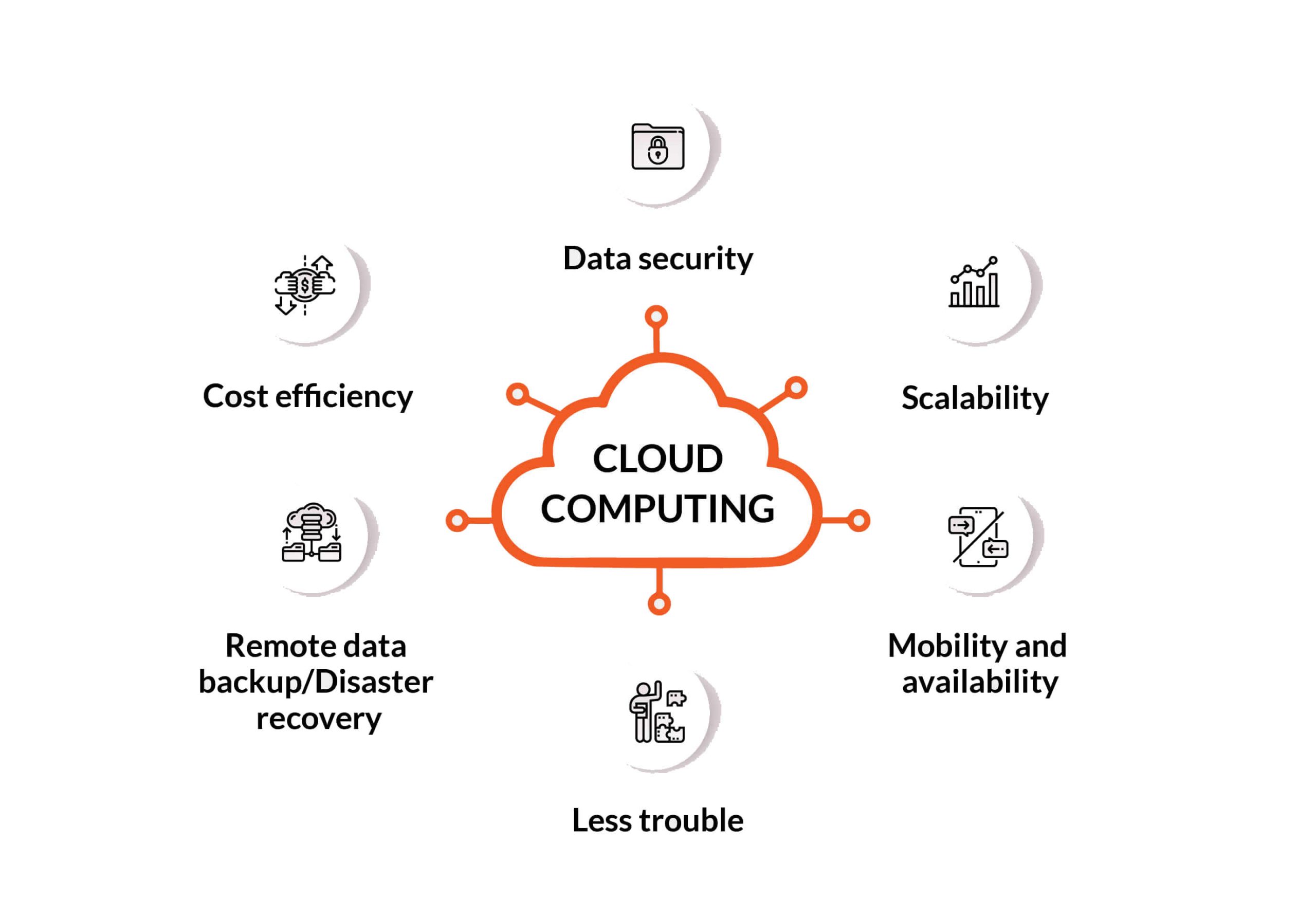
Essential characteristics of cloud computing
At IPI, our strategy aims to ensure that our use of the cloud remains aligned with your goals and is not simply a solution in search of a problem. Below are the five fundamental characteristics of cloud computing[i], as defined by the National Institute of Standards and Technology (NIST), with aligned with Nigeria’s National Information Technology Development Agency (NITDA).
Self-Service
Continuous striving for self-service solutions, where “self” can refer to an internal employee process or a partner end user, will allow us to speed up our service delivery as well as refocus our IT effort to strategic, high-value work.
Broad Network Access
Cloud allows IT to build services that are more accessible to end users and members than they could be if served from the data center or a colocation facility. This allows for wide availability and, therefore, better collaboration.
Resource Pooling
Public cloud providers deliver their services to a number of clients using shared resources. This pooling of resources will allow IPI Solutions to help you be more efficient with your infrastructure, resulting in faster service delivery. This will also reduce/remove much of the manual work done in-house today, allowing your company to refocus IT efforts toward strategic, higher-value work. Resource pooling is one of the cloud features that allow providers like IPI to undertake much of the operational work, making it possible for your company to make better financial choices.
Rapid Elasticity
Cloud services are generally offered on a pay-as-you-go basis. When they are not being used, they can be turned off, allowing for efficiencies. This allows for scalability when needed and can reduce costs if appropriately applied.
Measured Service
Cloud services allow for simpler, detailed unit costing. This will allow Your Organization to make better financial choices by directly highlighting the cost to serve various business units, contributing to your business’’s data-driven management approach.
IPI Cloud Deployment Models
Public Cloud
In a public cloud environment, a third-party provider is responsible for the underlying infrastructure stack (all the way up to the application, minus minor configurations, in a SaaS environment) and clients access the service over the public internet. The public cloud includes true multitenancy as a feature, meaning that clients share server space with other organizations. Examples of public cloud providers include Microsoft, Huawei, Amazon, Google, Salesforce, and similar CSPs.
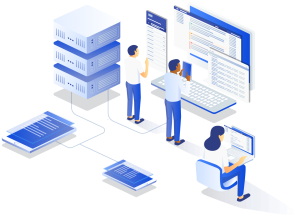
Private Cloud
A private cloud includes all five of the NIST/NITDA characteristics – the main difference between a private and public cloud installation is tenancy: a private cloud can exist in a provider’s data center or on-premises. The only requirement is that multitenancy is internal.
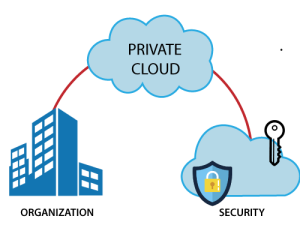
Hybrid Cloud
Hybridity is not merely the use of multiple clouds. True hybridity requires 1) multiple cloud instances (a pair of different IaaS providers, for example), and 2) portability between them. This can be enabled using a custom set of tools – cloud middleware – or a standardized toolset, like Microsoft’s Azure Stack, or VMWare on AWS.
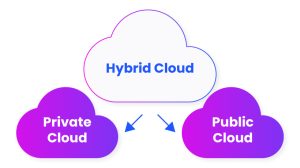
The IPI Solution’s People Strategy
Most organizations will adopt multiple models, based on their needs and requirements, with those that desire to take a SaaS-first approach prioritizing repurchasing over more expensive alternatives like refactoring.
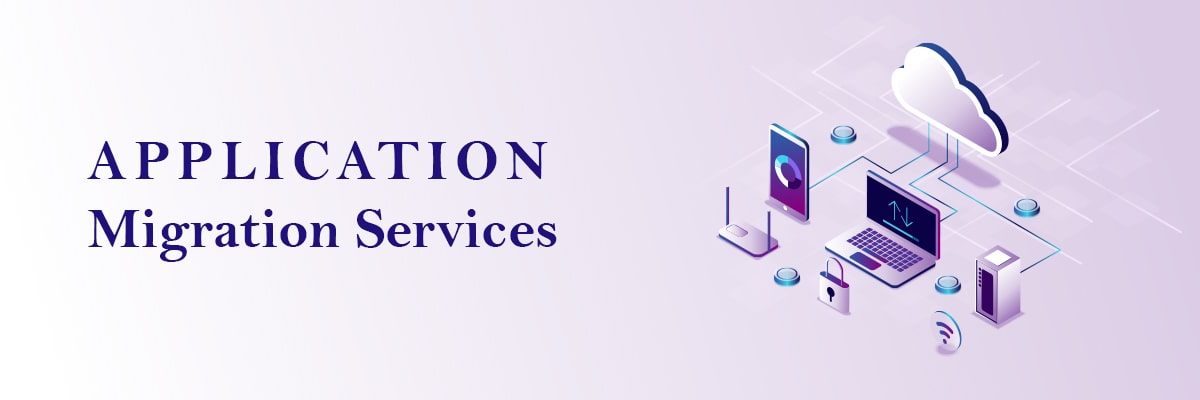
- Rehost: This is otherwise known as “lift and shift.” Typically favored when there is pressure to move the application to the cloud quickly. Rehosting is done with automated tools or through a manual process. Many organizations plan to optimize or rearchitect after the initial lift and shift.
- Replatform: This is otherwise known as “lift, tinker, and shift.” This option is favored for applications that can be set up to take advantage of the cloud with a reasonable amount of effort. Organizations will make some cloud optimizing changes to the workload without changing the core architecture of the application. The use of cloud-native services such as databases, load balancers, and servers, can be part of a replatform.
- Repurchase: Move to a different product. This often involves a move to SaaS.
- Refactor: Redesign the application to take advantage of cloud functionality. Typically initiated by a business need to scale or perform in a way that was not possible in the current environment.
- Retire: Decommission applications that are redundant and no longer useful to the organization’s application portfolio.
It is crucial to have the right people making the right decisions to drive the success of the cloud strategy. The governing bodies will help align your strategy with the business, establish accountability, and audit value.
Alignment: Drive cloud and business strategy alignment by having business partners accountable for the prioritization and selection of cloud projects and investments.
Accountability: This group facilitates the involvement and commitment of the business through clearly defined roles and accountabilities for cloud decisions.
Value generation: Participants are responsible for the ongoing evaluation of cloud value and performance of cloud services. The committee should define standards and institute remediation plans for poor performance.
We always recommend formation of the the following governing body to help contribute to your owerall cloud strategy:
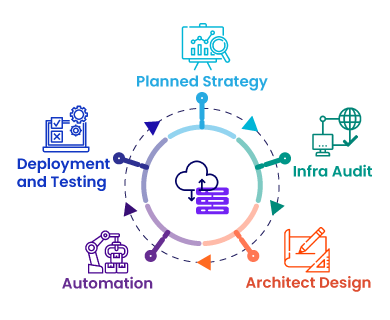
- Cloud Center of Excellence
IPI Solutions will help you design and deploy a cross-functional group, the “Cloud Center of Excellence” (CCoE) with responsibility for evaluating, designing, and integrating cloud solutions into the environment. This group is cross-functional because the cloud is not just a technology decision. The scale and capabilities of the cloud place decisions about its deployment and adoption squarely within the business realm.
Data classification is the process of identifying and classifying data based on sensitivity and the impact the information could have on the company if the data is breached. The classification initiative outlines proper handling procedures for the creation, usage, storage, disclosure, and removal of data. A classification scheme must be properly implemented and socialized to help ensure appropriate security measures are applied to protect that data appropriately.
Sensitive data IPI Solutions handles:
- Personal credit card information
- Personally identifiable information
- Intellectual property
Legal Regulations for IPI Solutions Nigeria Limited
- NDPR: Nigerian Data Protection Regulation
- FISMA: Federal Information Security Management Act
- GDPR: General Data Protection Regulation
Standards Recommendations Necessary from IPI Solutions:
- ISO/IEC 9001
- ISO/IEC 27002
IPI Solutions data classification, especially for enterprise organizations and public sector clients will be governed by the following principles:
- All structured confidential data will remain on-premises, while unstructured and semi-structured data will be considered as candidates for IaaS. All confidential data will remain with a private cloud deployment model.
- All internal data will be a candidate for IaaS or PaaS. Structured and semi-structured internal data will be considered for opportunities in a community cloud, while unstructured data will be a candidate for a public cloud deployment model.
- All limited data will be a candidate for PaaS or SaaS and will be considered a candidate for public cloud deployment model.
- All public data will be a candidate for SaaS and will be considered a candidate for public cloud deployment model.
Being clear about how long we will hold onto data is as important as protecting it. The pay-per-use model of the cloud means that we must be diligent about disposing of data that is no longer necessary. Second is the concern around legal liability. Holding on to data keeps the organization open to legal risk should there be a data breach.
- Data retention requirements will align with our data classification scheme.
- In absence of clear data retention requirements, the same requirements as those applied on-premises will be used.
- Software must be vetted to ensure that built-in retention capabilities align with organizational requirements or can be managed through a compatible third-party solution.
IPI Solutions Strategy on Data Residency
Data in the cloud environment is still subject to IPI Solutions’ data residency mandates.
- All data at rest must remain within the Datacenters of the continental Africa, particularly, Nigeria.
All data in transit must be encrypted and cannot exit Africa.
